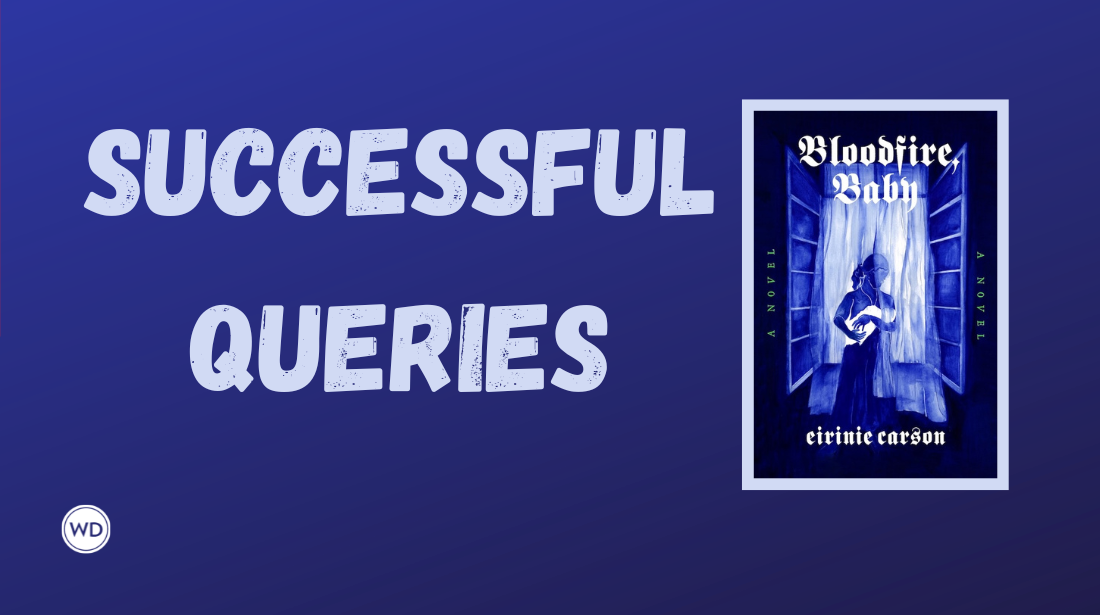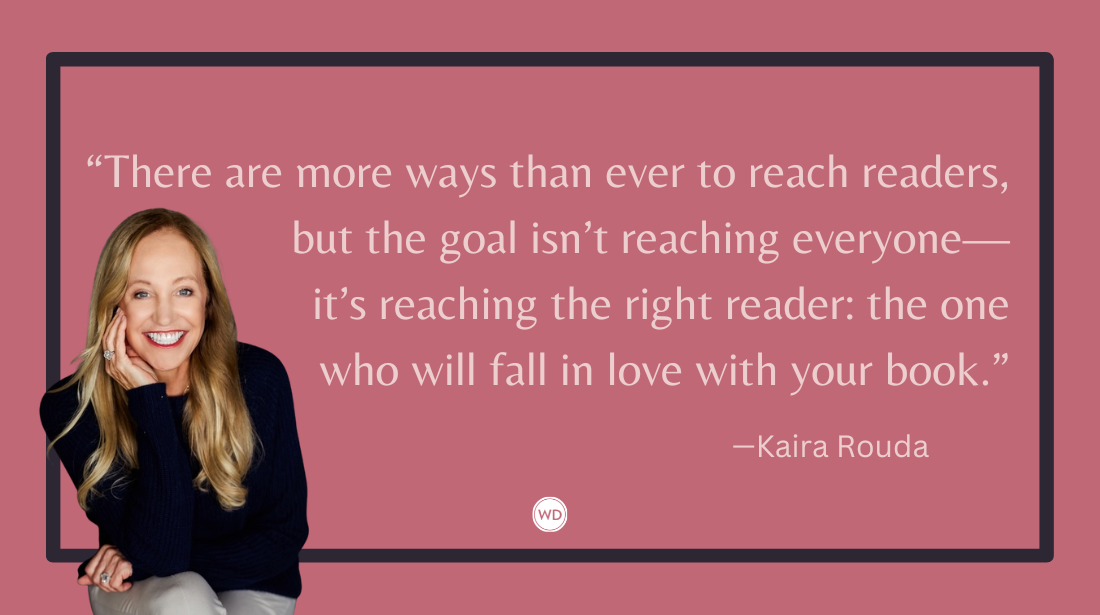How Do Writers Get Paid for Their Writing?
How do writers get paid for their writing? In this post, we’ll dive into how writers can get paid, what they need to keep in mind when it comes to the timing of payment, and why contracts are so important.
This is sort of a big topic, because there are so many ways that writers can get paid for their writing. Many people think of writing and selling books or writing articles for magazines. But there many other ways writers can freelance as well.
For instance, they can write copy for local and national businesses. They can craft newsletters or grant proposals. That's without taking into account that many writers are well positioned to get paid to speak at live and online events and create podcasts and videos. And don't forget freelance proofreading, fact checking, and copyediting.
In this post, we'll look at how writers get paid for their writing, including payment terms, kill fees, and more.
*****
Writing is your passion. Why not make it your day job, too? Whether you’re an aspiring screenwriter, novelist or playwright, or even just an avid reader, you can turn your love for words into a lucrative career as a professional copywriter. Learn how to become a copywriter by building your portfolio and marketing your services through this online workshop.
*****
How Do Writers Get Paid for Their Writing?
When it comes to payment, the best place to start is with the contract. Without a contract, it's more difficult to prove that you should be compensated for services rendered if a dispute occurs after the fact. In fact, a contract is the first thing a lawyer or judge will want to examine in such a situation. So if you expect to get paid, make sure there's a contract.
What Should be in the Contract?
Good question. Anyone who has any experience with contracts knows there are a lot of possible clauses that can be slipped into contracts, including important language related to who controls future rights to the writing.
But for the purposes of this post, let's look at some of the most important clauses related to payment:
- Scope of the work. While this doesn't specifically address the money, it does address what conditions need to be met to expect payment.
- Payment amount. Depending on your project, this may be a flat fee that you receive once, or it may be an ongoing payment arrangement until the contract is terminated (and if this is the case, make sure there's language specifying when and how notice of termination should be handled). There may also be royalty payments (in book publishing) or reprint fees for extra usage (which is rights are important).
- Payment time. This is the part of the contract that explains when you can expect payment. In publishing, the most common terms are payment on acceptance (check is cut after the writing is accepted) or payment on publication (check is cut after writing is published). Since editorial lead times can vary, payment times can vary quite a bit here. In book publishing, there's the possibility of advance payments, royalty payments after earning out the advance, and reprint fees for excerpts printed in other media. If you're doing a freelance project for a business that may take a while, it's smart to break up the payment structure so that you get paid in installments.
- Kill fees. Kill fees are payments a business can pay a writer to not use their writing. There can be many reasons for this situation, but the most common is that the writing doesn't match the company's expectations and they've lost confidence in the writer being able to complete the project the way they envision. Sometimes it happens, so it's good to make sure there is a kill fee in your contract just in case. There are a range of kill fee possibilities, but the most common I've seen are between 25 and 50 percent. That means, the company pays 25 to 50 percent of the original payment amount to not use your writing.
- Reprint fees. This is a fee you are due if a sample or complete copy of your writing is used elsewhere. Be specific about what payment you expect in such cases. 25% of the original payment amount? 25¢ per reprinted word (or $25 for every 100 words reprinted). Don't be afraid to break out a calculator and do the math to figure out which reprint terms would be better.
- Miscellaneous terms. You may negotiate other perks and benefits to accompany your monetary terms. If so, make sure those are included in your contract. For instance, if you are supposed to receive a lifetime subscription to a magazine for which you write, be aware that editors change and you may need a contract to prove to the new team that your handshake deal is valid and binding.
Are There Other Ways for Writers to Earn Money?
Most writers are pretty creative people—both on the page and off it. As such, they are constantly displaying fresh ways to earn money with their writing.
Some writers use blogging to expand their audience, receive advertising revenue, and earn affiliate sales commissions. Others have created specialized content only available to Patreon subscribers.
Still others have found success with YouTube channels, which is still a growth market for writers who optimize their posts to get found (think SEO) and viewed.
Writers can also leverage their authority into speaking appearances at live events or to teach courses on subjects for virtual education.
Final Thoughts on Getting Paid for Writing
Whether writing a novel or copy for a local business, writers are service providers. If they're good at their craft, they should expect to get compensated for their work. That service could be as simple (and complicated) as entertaining a reader to provoking a call to action.
So don't be afraid to ask for compensation for providing your services. And remember: Get it in writing.









